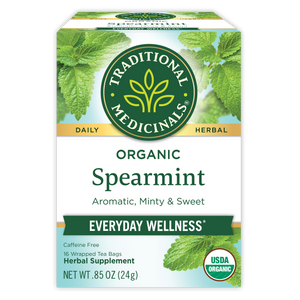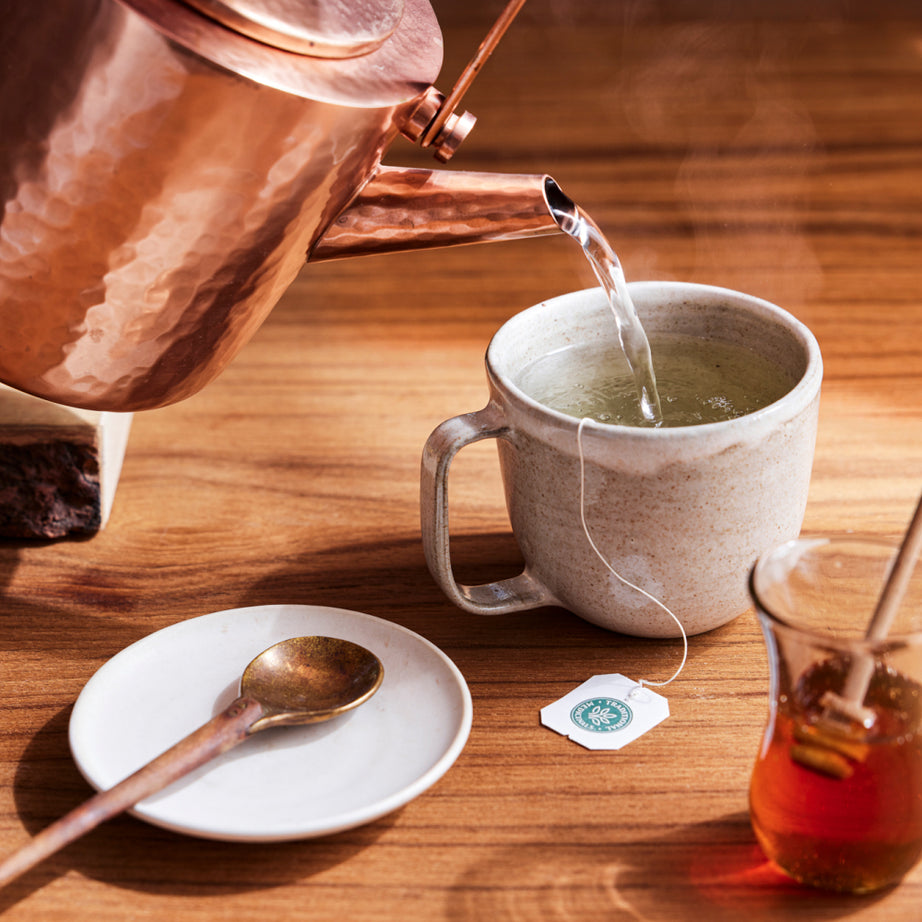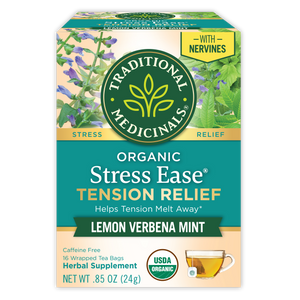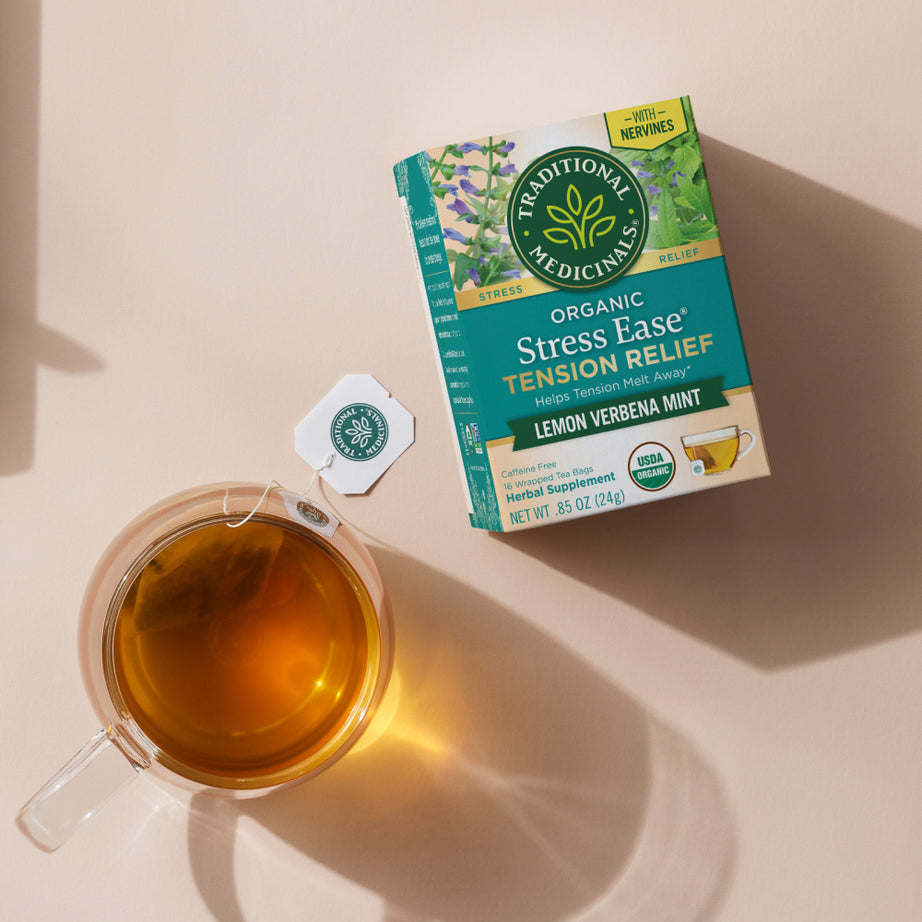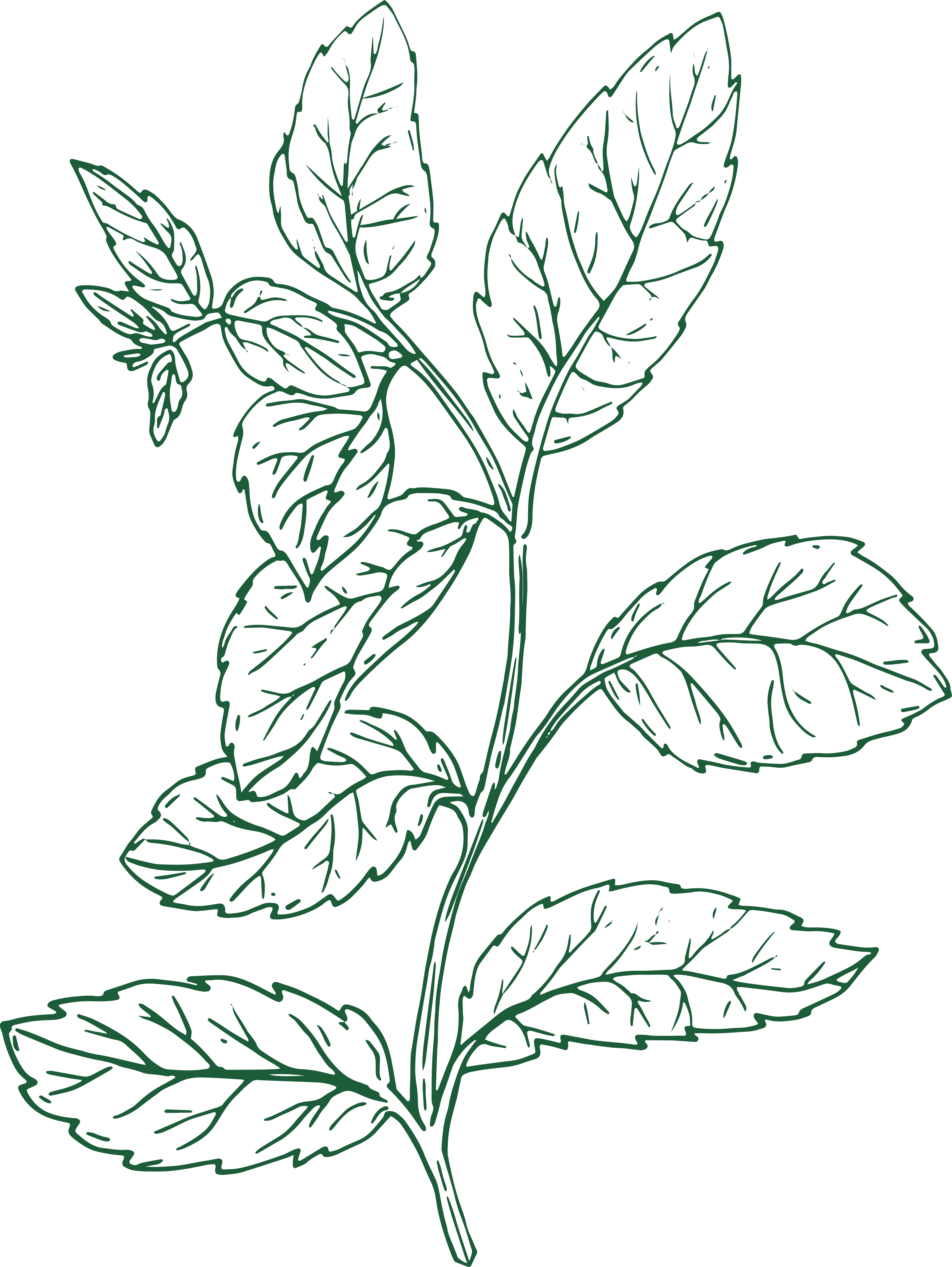
More Spearmint info
The sweeter, milder mint.
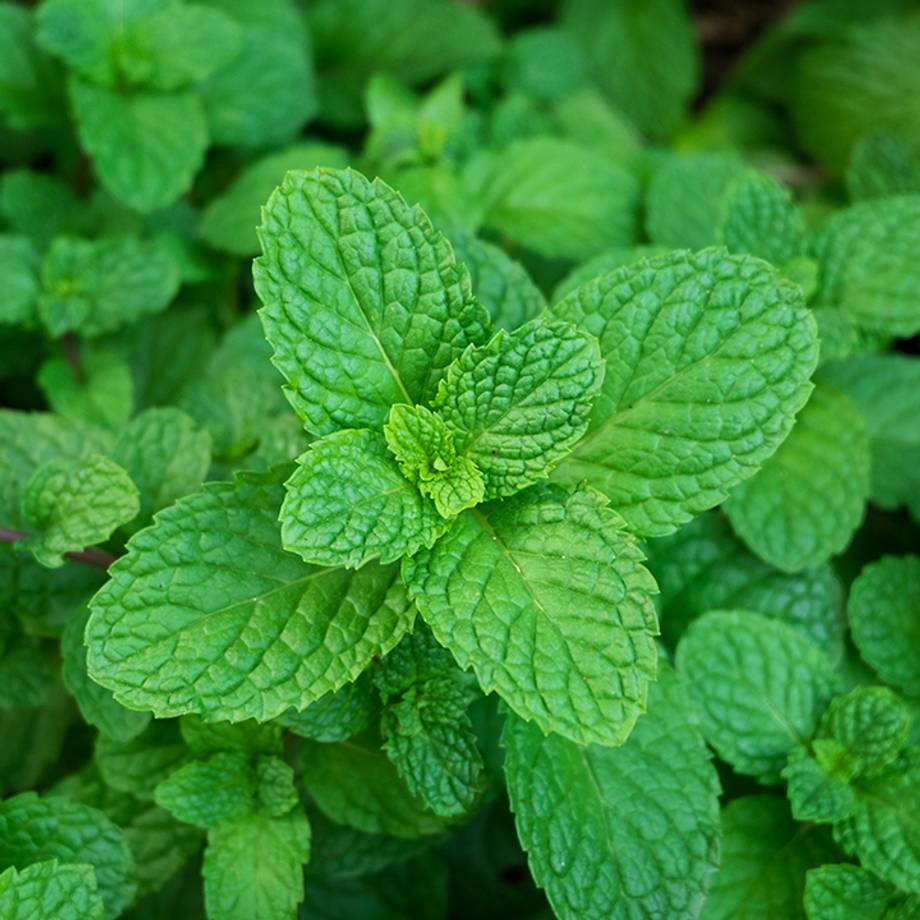
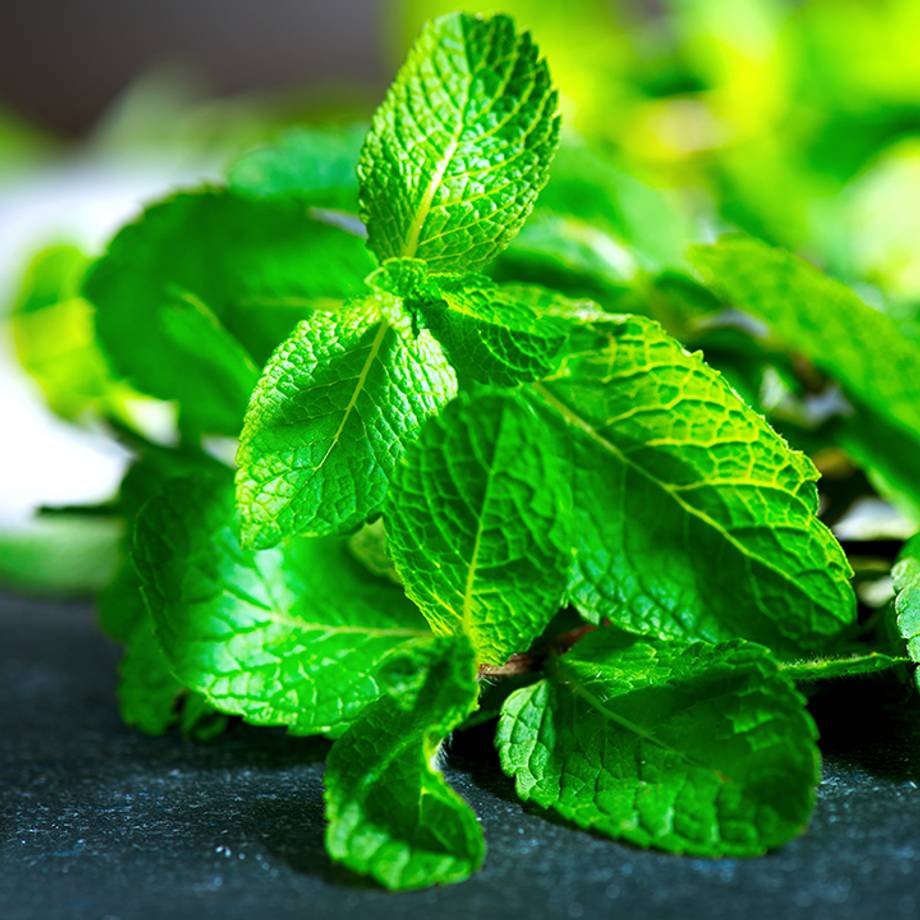
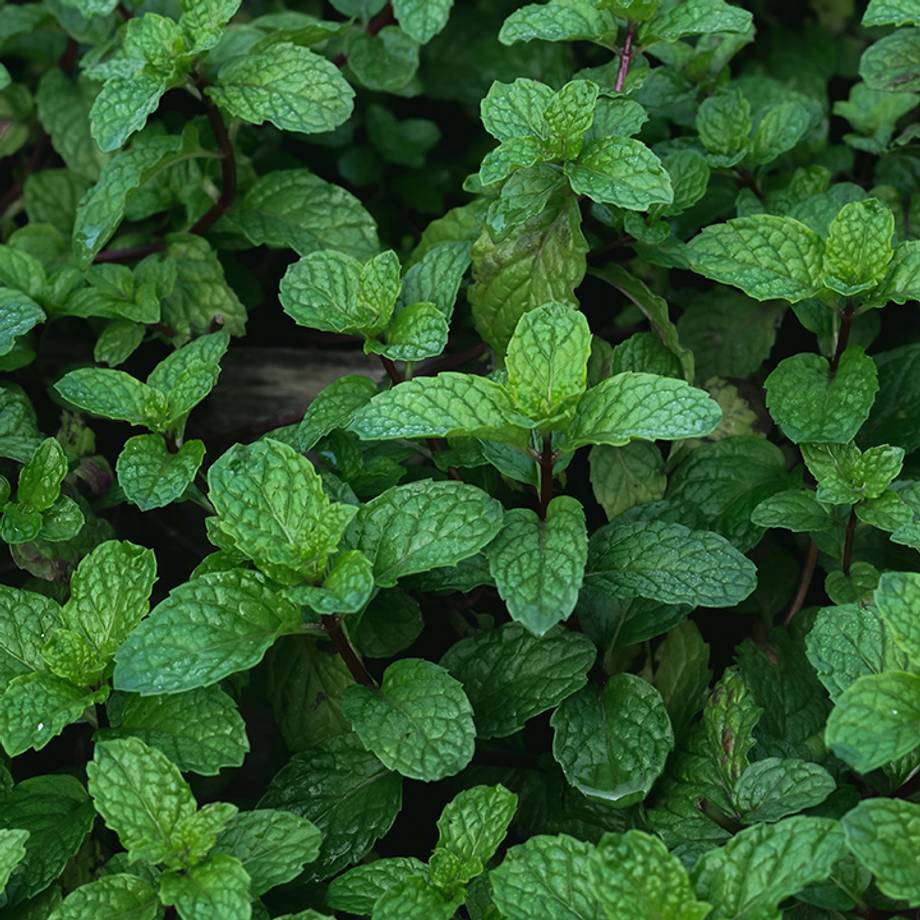
Products that contain Spearmint
New Formula!
Stress Ease® Tension Relief Tea
NEW FORMULA! Organic Stress Ease® Tension Relief. Relieves...
View Full Details
Additional Information
Important Precautions:
Consult your healthcare practitioner prior to use if you are pregnant or breastfeeding.
Legal Disclaimer:
The information and other content in this article are designed to provide a general overview of the botany, cultural history, and traditional uses of this herb. It is not intended and should not be construed as health advice. Every person is unique and you should consult with your health care provider before using any herbal product or supplement.
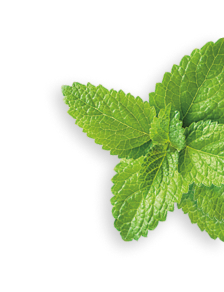
Become an Herb Nerd & Get 10% Off!
Herbal tidbits, DIY plant projects, exclusive discounts, and recipes to follow the seasons delivered straight to your inbox.

